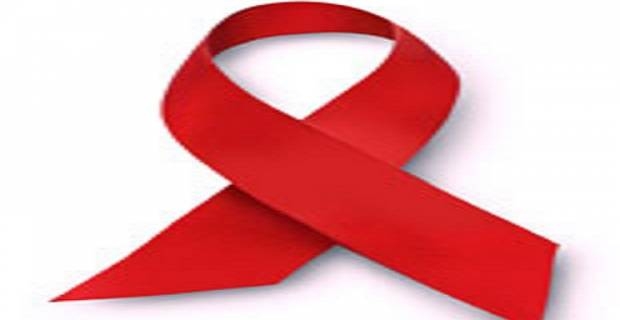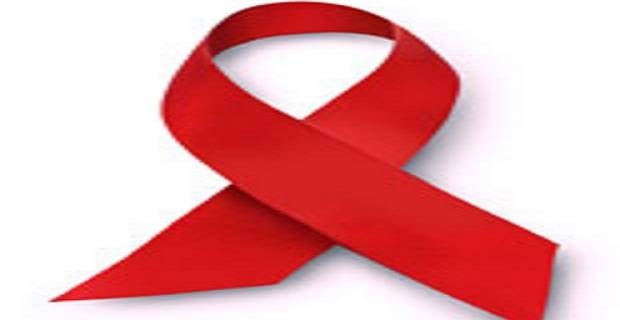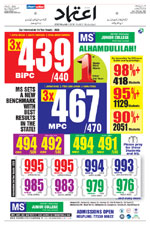Monthly vaginal ring may protect women from HIV infection: study
Wed 24 Feb 2016, 10:18:05
A monthly silicone ring that continuously releases an experimental antiretroviral drug in the vagina has been shown to cut the risk of HIV infection in women by about one-third, according to two new international studies.
In a large clinical trial in four sub-Saharan African countries, the ring reduced the risk of HIV infection by 27 per cent overall and by 61 per cent among women ages 25 years and older, who used the ring most consistently.
"This study found that a vaginal ring containing a sustained-release antiretroviral drug confers partial protection against HIV among women in sub-Saharan Africa," said Anthony S Fauci, director of the National Institute of Allergy and Infectious Diseases (NIAID).
Finding effective HIV prevention tools for adolescent girls and young women in particular is critical, as one in four new HIV infections in sub-Saharan Africa occur in this group, researchers said.
The ASPIRE study aimed to determine whether the experimental antiretroviral drug dapivirine could safely and effectively prevent HIV infection when continuously released in the vagina from a silicone ring replaced once every 4 weeks.
The study, which began in 2012, enrolled more than 2,600 HIV-uninfected women ages 18 to 45 years who were at high risk for HIV infection at 15 sites in Malawi, South Africa, Uganda and Zimbabwe.
The investigators found that the dapivirine ring reduced the risk of acquiring HIV by 27 per cent among all women enrolled in the trial. But when the scientists excluded data from two sites where it was apparent early on that many women were not returning for study visits or using the ring consistently, the ring reduced the risk of HIV infection by 37 per cent.
The investigators found that the dapivirine ring reduced the risk of acquiring HIV by 27 per cent among all women enrolled in the trial. But when the scientists excluded data from two sites where it was apparent early on that many women were not returning for study visits or using the ring consistently, the ring reduced the risk of HIV infection by 37 per cent.
Researchers found that the dapivirine ring reduced the risk of HIV infection by 61 per cent in women ages 25 and older, but provided no statistically significant protection in women younger than 25 years. These younger women appeared to use the ring less consistently than other participants, based on the amount of dapivirine measured in volunteers' blood during study visits.
"The ASPIRE study is the first to demonstrate that a sustained drug delivery product that slowly releases an antiretroviral drug over time can offer partial protection from HIV," added Thesla Palanee-Phillips, from the Wits Reproductive Health and HIV Institute in Johannesburg.
An ongoing large multinational clinical trial called The Ring Study also tested the dapivirine ring for safety and efficacy in women.
Similar to ASPIRE, The Ring Study researchers found an overall effectiveness of 31 per cent, with a slightly greater reduction in risk of HIV infection among women older than 21 years.
No Comments For This Post, Be first to write a Comment.
Most viewed from Health
AIMIM News
Latest Urdu News
Most Viewed
May 26, 2020
Do you think Canada-India relations will improve under New PM Mark Carney?
Latest Videos View All
Like Us
Home
About Us
Advertise With Us
All Polls
Epaper Archives
Privacy Policy
Contact Us
Download Etemaad App
© 2025 Etemaad Daily News, All Rights Reserved.
































